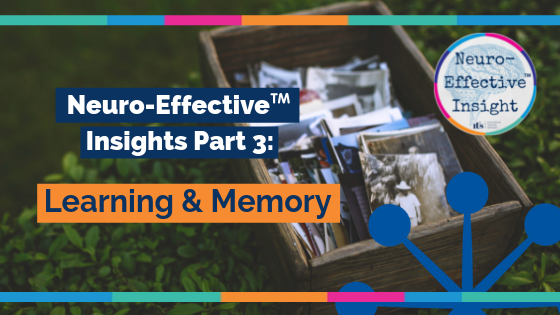Feeling uneasy is not something we enjoy.
Not surprising then that people generally try to avoid feeling this way. But that is a shame because it makes it hard to get the goodies which could be on offer.
If that sounds a little strange or if you want to put uneasy feelings to work then read on…
This blog will explore two practical examples that most people can relate to which provoke feelings of uneasiness.
It will then demonstrate what can be learnt from these moments and what to do when they arise, so you can get the most out the experiences.
1). When you feel uneasy about what is being said…
“I heard the words, but I didn’t believe what they were saying”
Think about a verbal exchange that didn’t convince you. Why not? Almost certainly because, as the song says, “It ain’t what you say, it’s the way that you say it”…
A person’s tone and use of physiology will be incredibly important in determining whether what they’re saying is actually credible to you.
If words, tone and physiology aren’t all of a piece you will rightly wonder whether what they’re saying is true. This is how you protect yourself from being conned.
2). When you feel uneasy about what is being presented…
“It looked like a good deal, but I just didn’t feel comfortable.”
In this instance think of an experience when something may have looked like a good thing but something didn’t feel right about it.
This describes a time when what you see and what you feel are at odds and you can’t reconcile one with the other; you’re picking up different signals in different sensory systems.
This is a red flag. This is also a recipe for confusion and loss of trust.
I’ve come to learn that when I’m confused there’s usually a very good reason why.
What can be learnt from feeling uneasy?
Too often people lack the confidence to regard their unease, their confusion or even their distress as something which is trying to tell them something.
These feelings are feedback to us from ourselves. Paying attention to them can help us tap into what I call the wisdom within.
Remember, next time you’re feeling this way there’s a very good reason.
Being confused, for instance, is not necessarily embarrassing proof of your inability to understand something; instead it could be an entirely appropriate response if what someone is saying doesn’t really make sense, hang together or stack up.
I’ve lost count of the number of business clients who have told me some version of “it sounded and looked great, I didn’t feel comfortable but as I couldn’t give a reason for saying ‘no’ I agreed to go ahead.”
More often than not this is followed by them saying how six weeks or six months later the deal went south and they kicked themselves for not trusting their own intuition.
What to do when you feel uneasy?
Here is a simple list of things to remember the next time you feel uneasy about something:
- Pay attention to the Wisdom Within
- Get curious about what’s triggering it
- Gather more information
- Have the courage to trust your judgement
Only then…
- Take action
Easy to say perhaps, but anyone can learn to do this.
If you want to learn how to turn this into a skill you can apply in your personal and professional life, then you may want to check out our NLP Practitioner with Neuroscience programme.
Author Ian McDermott





For me intuition has guided me in so many ways – when I haven’t listened to it, I’ve seen how things have unfolded for me, not so good.